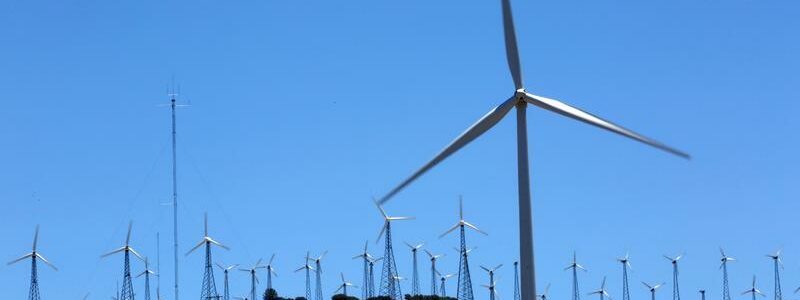
GE's recovery seen poised to gather pace
CHICAGO (Reuters) – General Electric Co’s turnaround plans looked dead in the water to many last spring when its lucrative jet engine business became another victim of the coronavirus pandemic as global air travel dried up.
Shares of the Boston-based industrial conglomerate lost half of their value in the early days of the pandemic. Declining sales put GE, which was already grappling with crushing debt levels and operating challenges, into survival mode – a quick change in focus from investing in profitable growth opportunities.
Since last May, GE’s shares have gained over 145%, outperforming the broader market, as more investors bet its turnaround is gaining traction. They also expect that its businesses in natural gas, wind turbines and renewables will get a big boost as nations and corporations make the transition to a low-carbon economy.
“The long-term earnings potential for this company are dramatically higher,” said Dan Babkes, a partner at Pzena Investment Management that has a substantial holding in GE.
Analysts at William Blair expect GE’s valuation to double over the next three to four years.
On Tuesday, GE’s first quarter earnings report should offer evidence to back such bullish bets. Even though the company has forecast a cash outflow, it expects “significant” improvement from a year ago when it burnt $2.2 billion in cash.
The improvement would come at a time when its jet-engine business, usually GE’s cash cow, is still reeling from the plunge in global air travel.
Analysts surveyed by Refinitiv, on average, expect GE to report a cash outflow of $1.3 billion.
Free-cash flow is closely watched by investors as a sign of the health of GE’s operations and ability to pay down debt.
Since taking the reins in 2018, Chief Executive Larry Culp has sold assets to repair the balance sheet, including a $30 billion deal to merge the company’s jet-leasing unit with Ireland’s AerCap. GE now expects to reduce overall debt by $95 billion by 2023.
Culp says a “significantly” derisked balance sheet would allow GE to fund accelerated organic growth.
He has also focused on lean-manufacturing practices aimed at eliminating waste and building profit margins.
Babkes says the cost focus and restructuring has prepared GE’s aviation business for a “dramatic” bounce-back in earnings as air travel recovers.
Similarly, upcoming earnings reports should reflect the restructuring at GE’s power and renewables units.
“Your financial statements today reflect the execution of historical deals,” Babkes said. “Your financial statements tomorrow are going to reflect the cost base that you’ve achieved with restructuring.”
GE also stands to gain from the green energy transition. The company will supply wind turbines for one of the largest onshore wind farm projects in the United States. Demand has been growing for its new offshore Haliade-X turbines.
GE aims to sell $3 billion in offshore turbines by 2024 from less than $500 million last year, forecasting that the offshore wind energy market will grow at a compound rate exceeding 20% for the next 10 years.
William Blair’s analysts estimate more than half of GE’s sales by the middle of this decade should come from converting gas turbine power generation to operate on hydrogen and renewables, and grid upgrades.
“In our view, GE’s prospects for sustainable outperformance have never been more apparent in recent times,” they said in a note.
Source: Read Full Article